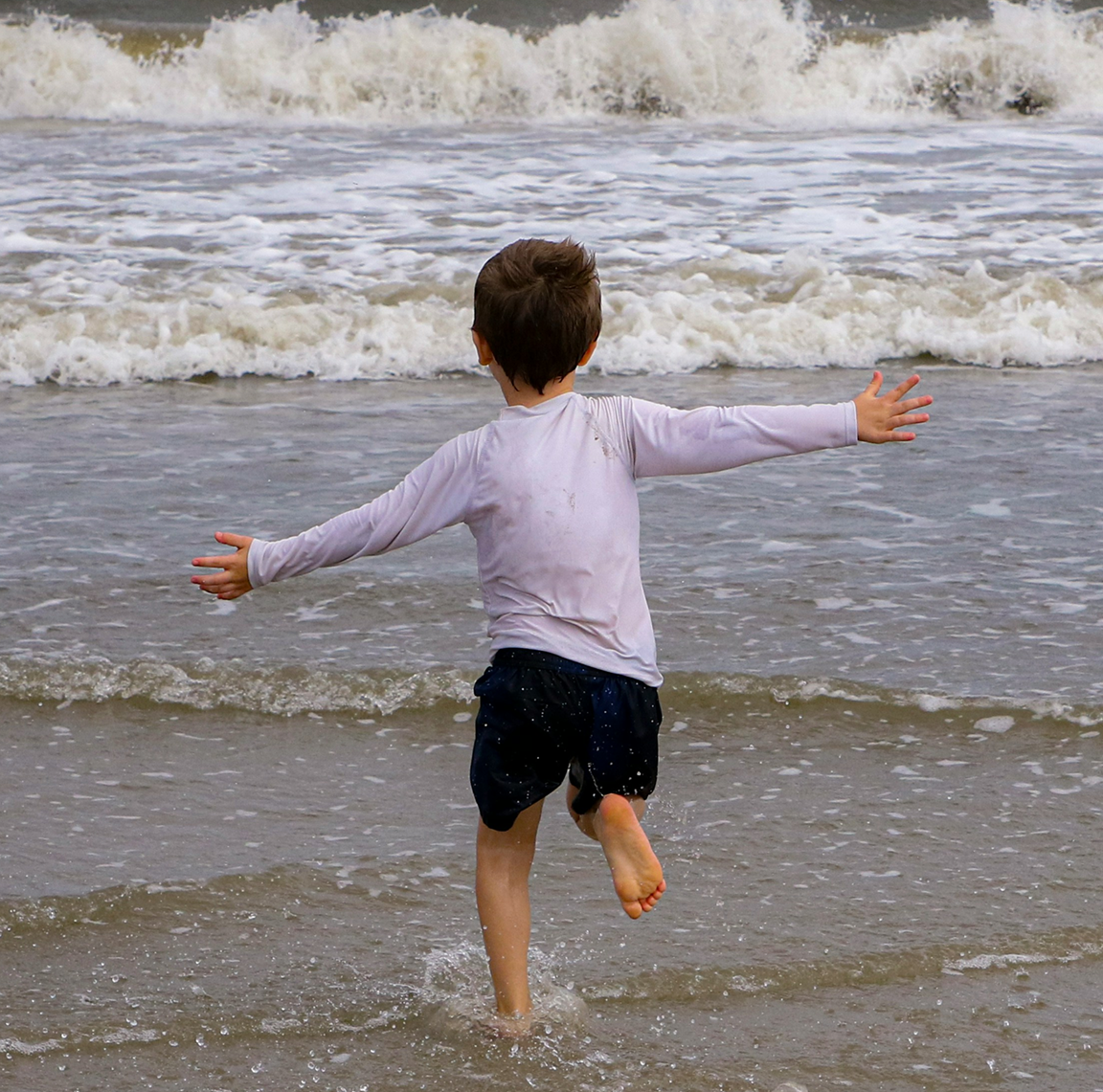
IOC Sub-Commission for the Western Pacific (WESTPAC)
Advancing knowledge and cooperation for a healthy ocean and prosperous society

Ocean Literacy for a Sustainable Future in the Western Pacific
Why is it important?

Ocean Literacy is defined as “the understanding of human influence on the ocean and the ocean’s influence on humans.”
The ocean produces more than half of the oxygen we breathe, shapes weather and climate, and provides food and jobs for billions of people. When we understand these connections, we begin to realize that caring for the ocean means caring for ourselves, our families, and future generations.
The ocean is exposing to escalating pressures. Rising temperatures, plastic waste, loss of biodiversity and ecosystems, and declining fish stocks are affecting both nature and communities. These are not distant problems that threat the food security, livelihood of coastal communities and the health of the air we breathe. Ocean Literacy helps people understand the connects, builds stewardship, boost readiness for ocean risks, support sustainabile development, and nurture next generations’ care for marine resources.
In the Western Pacific, Ocean Literacy carries special importance. This region is home to some of the world’s richest marine biodiversity and tens of millions of people who depend directly on the sea for food, income, and cultural identity. At the same time, it is one of the areas most vulnerable to sea-level rise, extreme weather, and coastal ecosystem degradation. Promoting Ocean Literacy here strengthens the ability of communities to adapt to change, supports cooperation among countries that share the same waters, and ensures that young generations grow up with the knowledge and values needed to protect the ocean that sustains them.
What we do?
The Intergovernmental Oceanographic Commission (IOC) of UNESCO has been a leading institution in promoting Ocean Literacy at the international level, recognizing that a more ocean-literate society is essential to achieving sustainable ocean management. Since the mid-2010s, IOC has facilitated international dialogue on Ocean Literacy, developed key frameworks and guidance such as the Ocean Literacy for All toolkit, and supported initiatives that engage educators, youth, policymakers, and the wider public in understanding the vital role of the ocean in sustaining life on Earth.
In the Western Pacific, Member States have increasingly expressed the need to strengthen Ocean Literacy, acknowledging that raising awareness and enhancing understanding are fundamental to addressing the region’s pressing ocean challenges. These calls have been amplified by the UN Decade of Ocean Science for Sustainable Development (2021–2030), which highlights Ocean Literacy as a key enabler for bridging science, policy, and society.
Responding to these demands, the IOC Sub-Commission for the Western Pacific (WESTPAC) established the Intersessional Task Force on Ocean Literacy at its Fifteenth Intergovernmental Session (2025, Tokyo, Japan). The Task Force aims to foster a more ocean-literate society across the Western Pacific, empowering people—especially youth—to take informed and responsible actions for a sustainable ocean future.
The Initiative will carry out, but not limited to, the following main activities, which include:
- Establish an open-ended regional Ocean Literacy (OL) Group of Experts consisting of OL experts from Member States and international partners in the Western Pacific to share their experience in OL and practices at local and national levels.
- Develop and conduct OL assessments, tailored technical training and capacity development activities.
- Implement relevant OL projects in close collobration with Member States and partners to accelerate OL in the region.